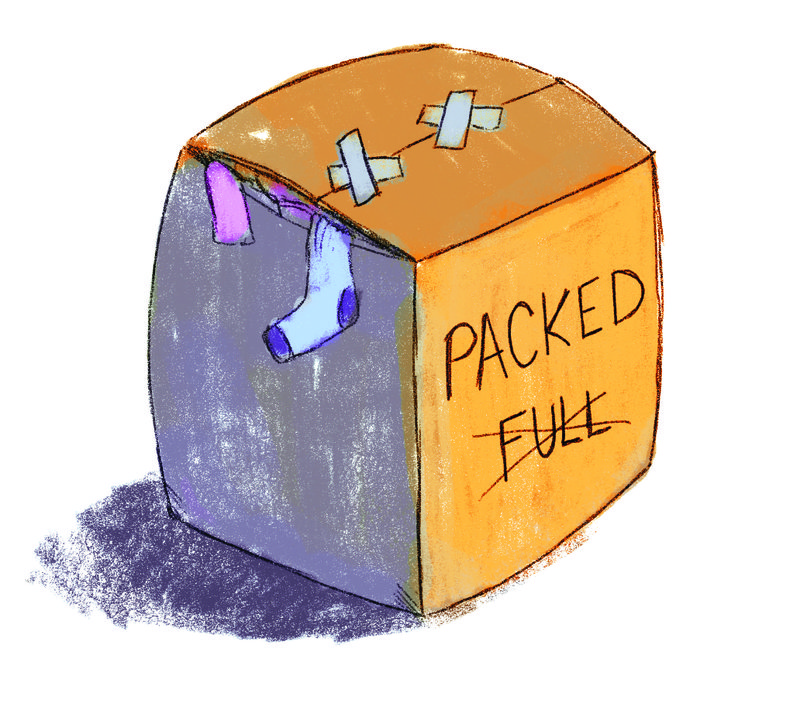I have to confess to "verbing" recently. I totally did not mean to do it.
It happened this way: I asked Whitney at the coffee shop whether her almost-2-year-old daughter had started barista-ing yet. (The hyphen was in there, in my head.)
Whitney said, "She says, 'Coffee!'"
A barista is a person who serves coffee creations to people. It's a noun and has been in use only since the 1980s. I was kidding around when I turned it into a verb.
Many, many words can be used as a noun and as a verb: answer, dislike, hope, lift, question, snack, walk, yawn.
Many nouns are used as verbs when they shouldn't be. My least favorite is, and always will, be "impact." Others often come up in the workplace: "actioning," "tasking," "green-lighting," "conferencing," "transitioning."
Most of those give me the willies.
Many of them are used as a way to shorten an expression. Normally, I love shortening phrases, but not when they sound stilted:
When will we be actioning the rest of the items on the agenda?
Who will be tasked with arranging the conferencing so we can get green-lighted?
We need something to incentivize the troops.
Not all are business terms:
He tried guilting me into giving him the last slice of pie. Ha!
Theodore M. Bernstein, in The Careful Writer, said he feared the day when people would "elevator themselves to their penthouses, get dinner-jacketed and go theatering."
Social media have brought us "friend" and "text" as verbs:
I tried to friend her, but I have heard nothing for a year. If she accepts now, I will unfriend her.
I'll text you as I get closer to the restaurant.
Some of those usages will become so accepted that they will end up in the dictionary. Merriam-Webster already has added "google," the name of a search engine, as a verb.
Bill Watterson's cartoon-strip friends Calvin and Hobbes once weighed in on the topic:
Calvin: I like to verb words.
Hobbes: What?
Calvin: I take nouns and adjectives and use them as verbs. Remember when "access" was a thing? Now it's something you do. It got verbed. ... Verbing weirds language.
Hobbes: Maybe we can eventually make language a complete impediment to understanding.
THE UNNECESSARIES
A few readers reminded me recently of redundant phrases they commonly hear.
"Revert back" uses two words when one is fine. Use just "revert."
"Each and every." You can use each or every. No need to use both.
"Packed full."
The theater was packed full of Wolverine fans.
"Packed" is "full," and "full" is "packed." Choose one.
DICTIONARY WORD
Quisling, to me, sounds like a young bird.
In fact, a quisling is a traitor or collaborator. The word is an eponym, meaning it originated from a person's name.
Vidkun Quisling was a Norwegian politician who collaborated with the Nazis during the 1940s.
It's pronounced "kwiz-ling," with the accent on the first syllable.
I have to wonder whether Vidkun's heirs have changed their surnames.
Sources: enchantedlearning.com, moreintelligentlife.com, dictionary.cambridge.org, about.com, m-w.com
Bernadette Kinlaw is here to hear your grammar pet peeves, your word-usage questions and the punctuation problems that befuddle you. Email her at
bkwordmonger@gmail.com
ActiveStyle on 07/24/2017
